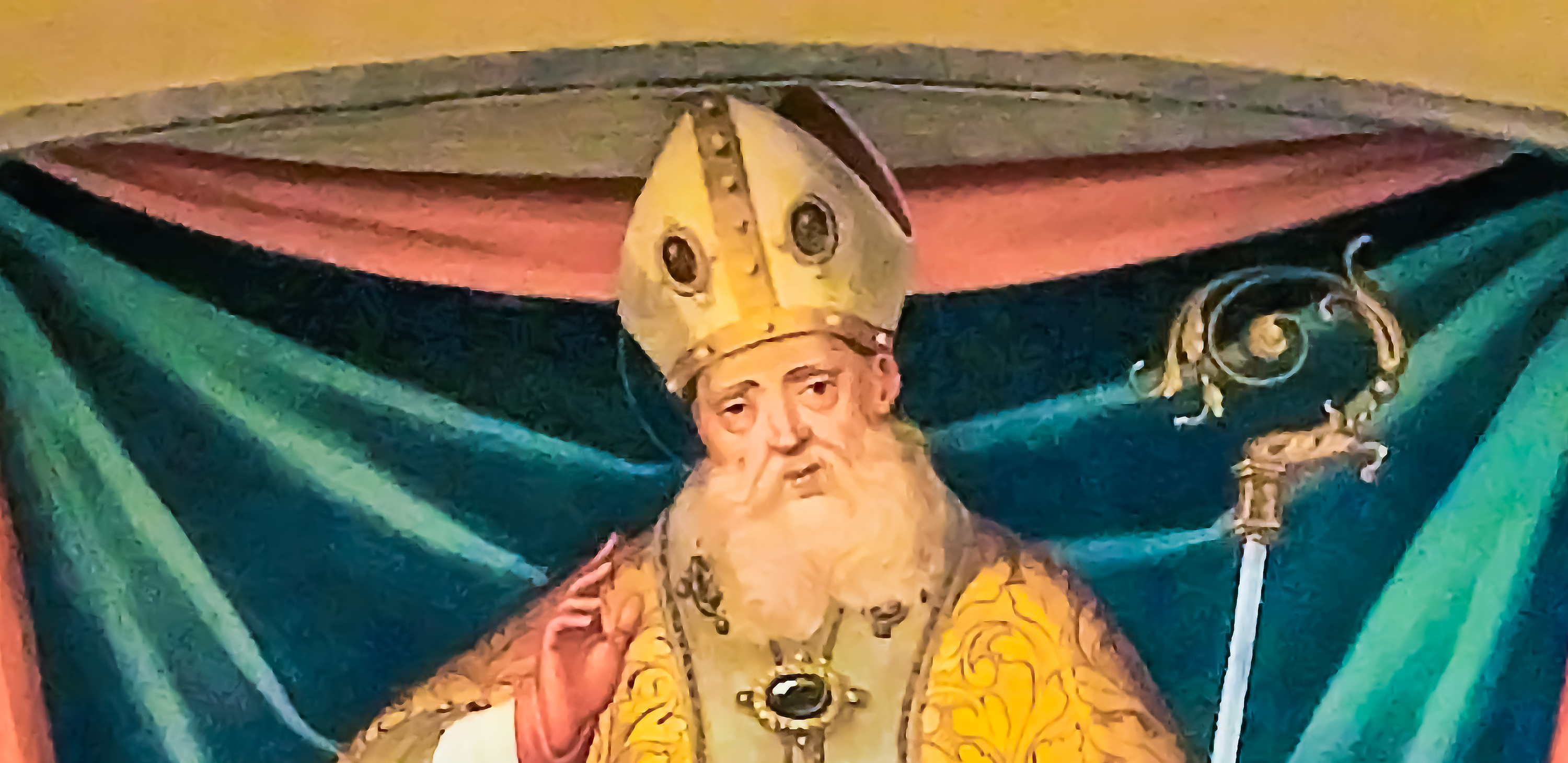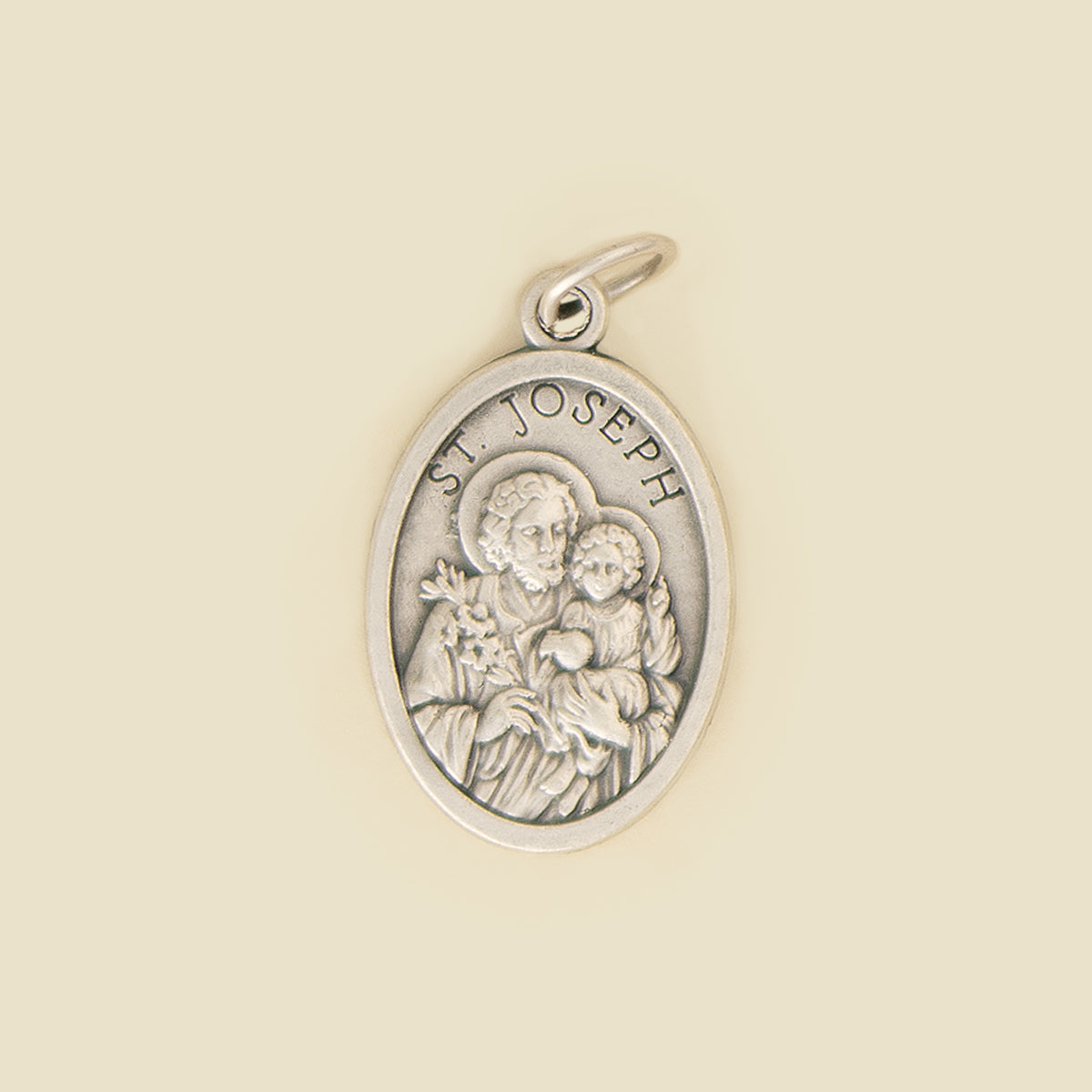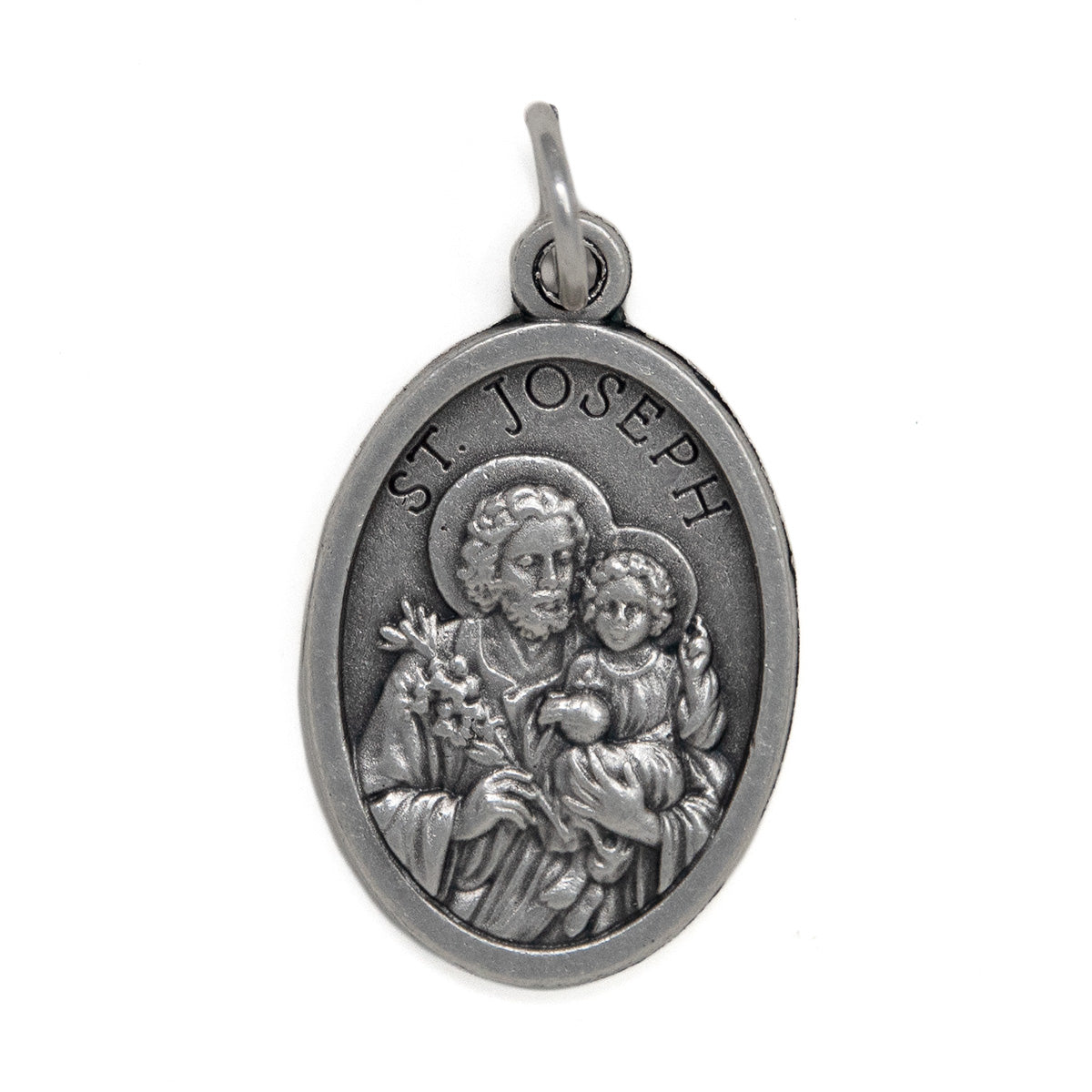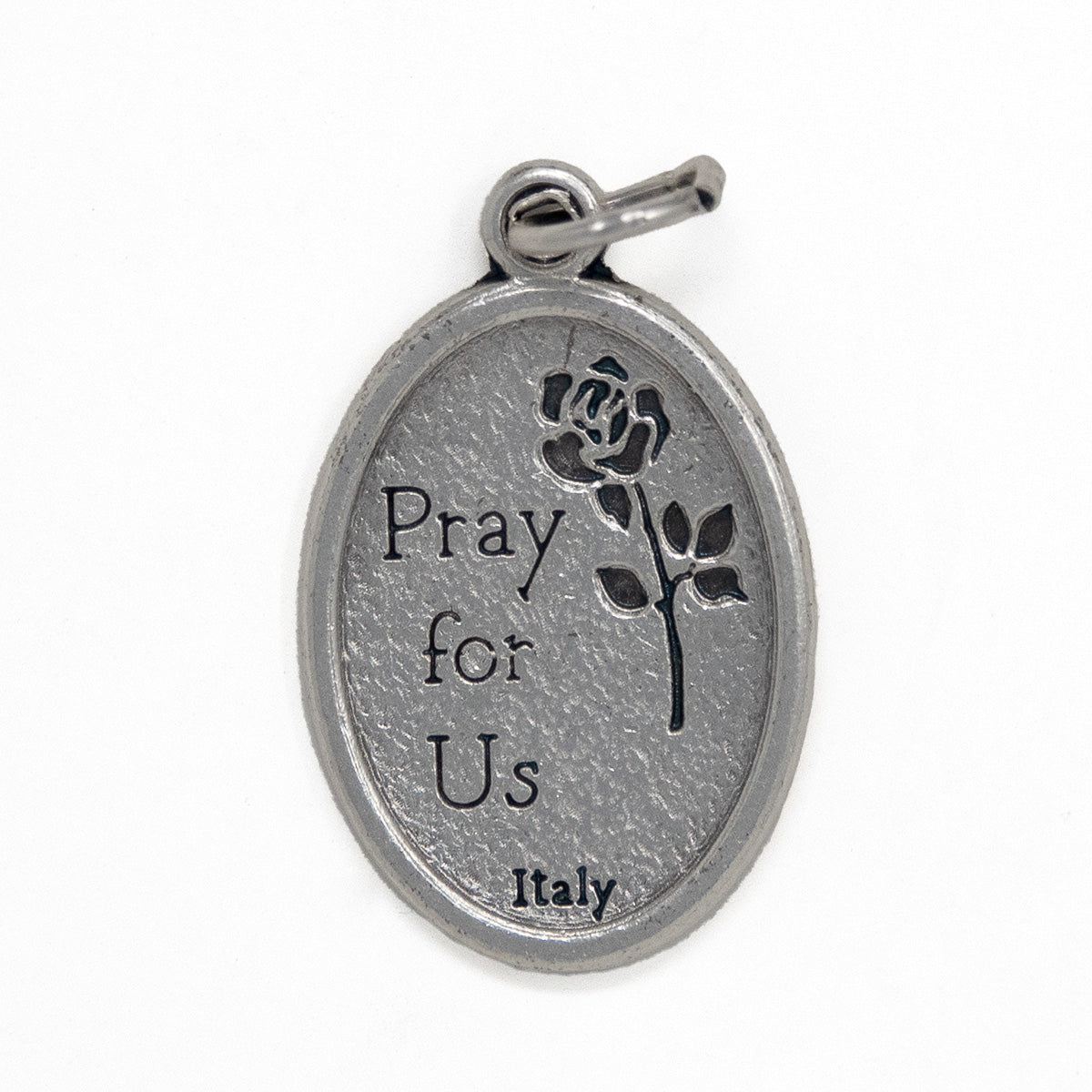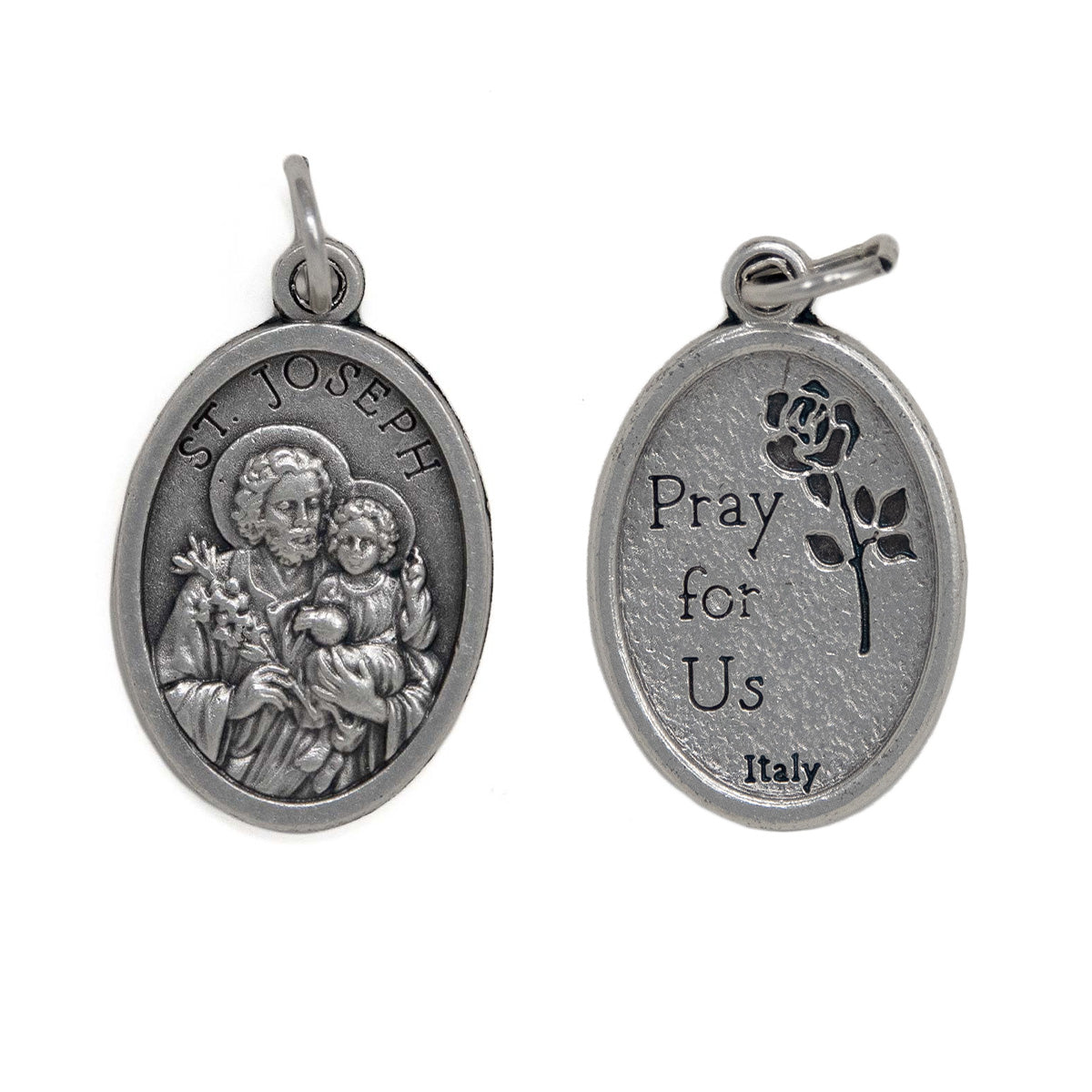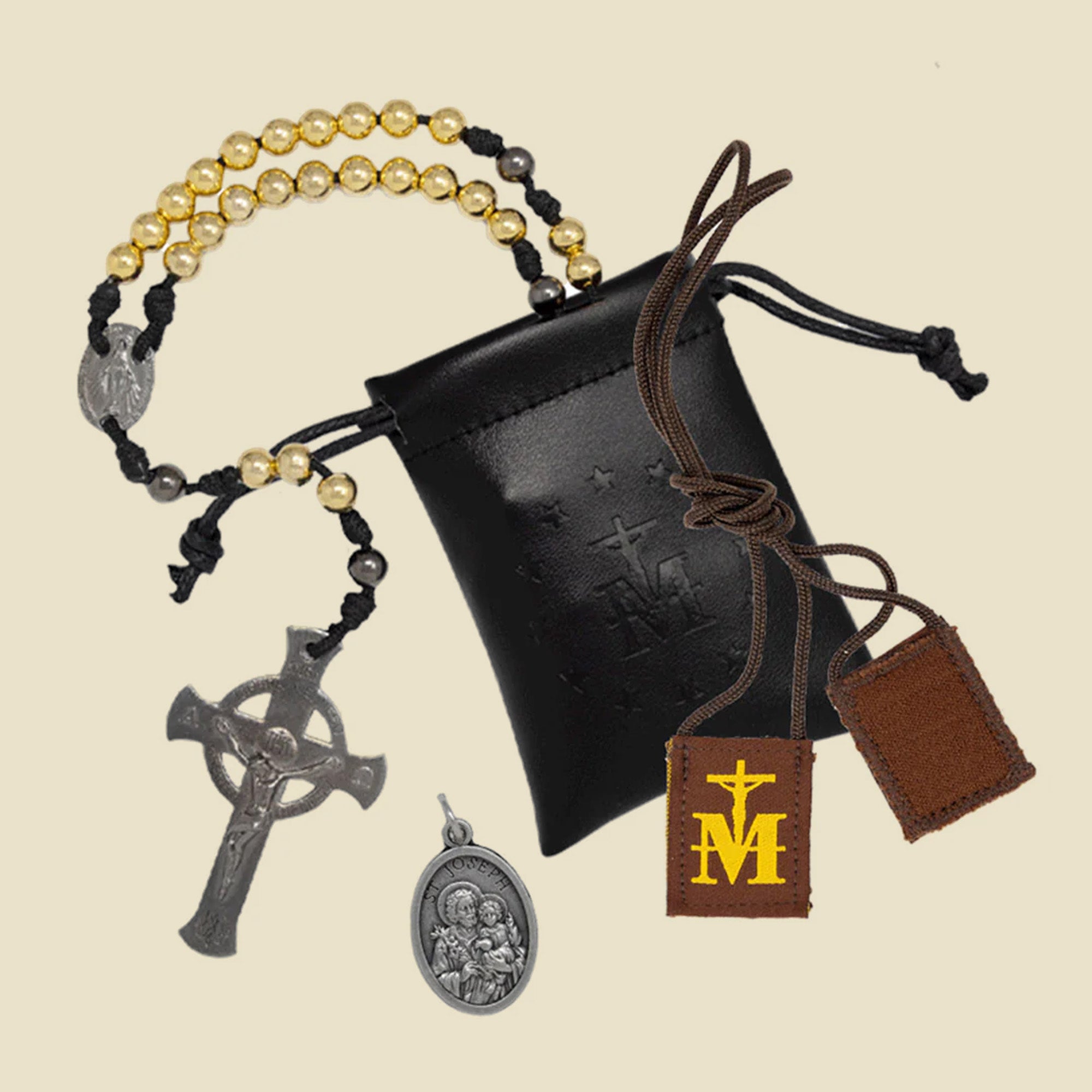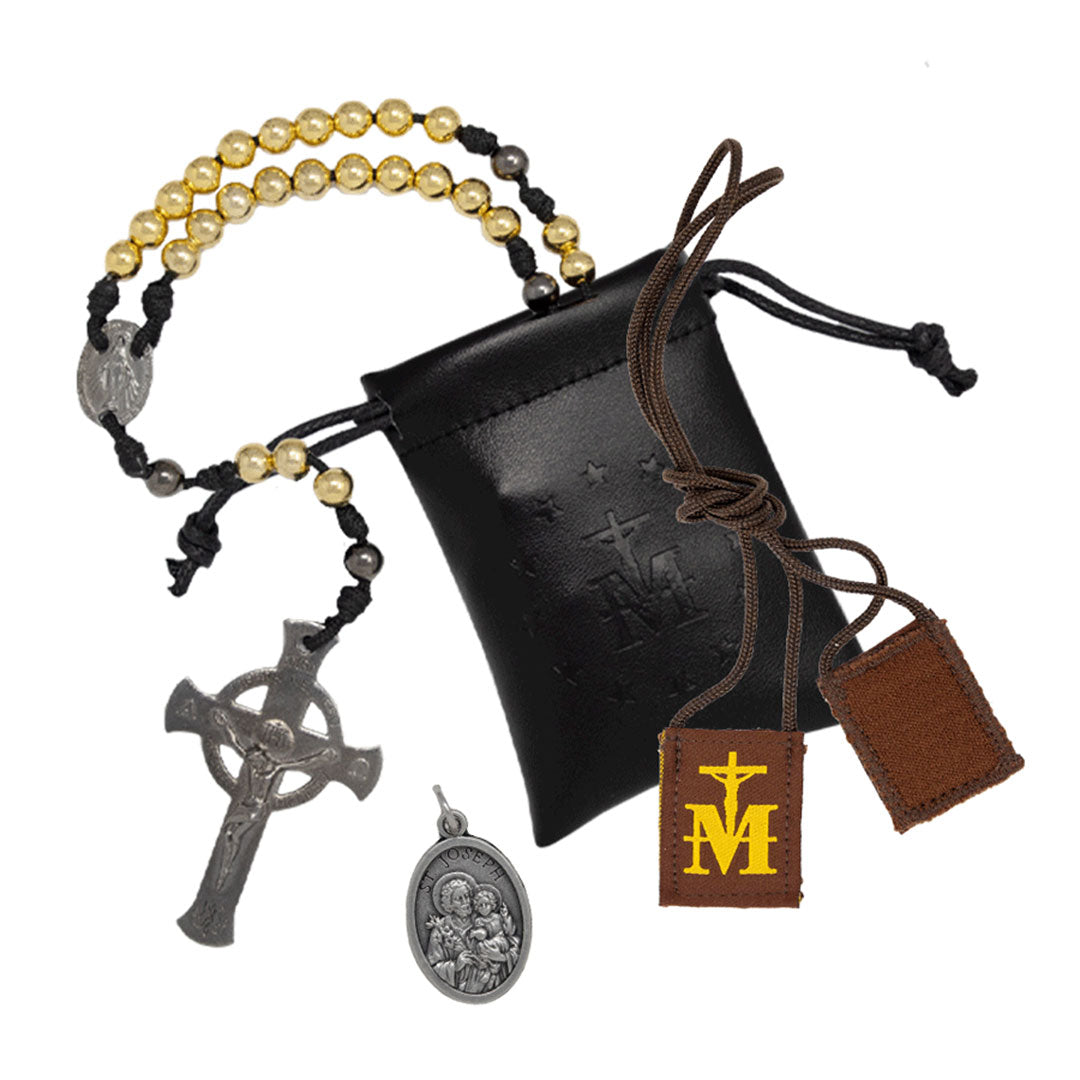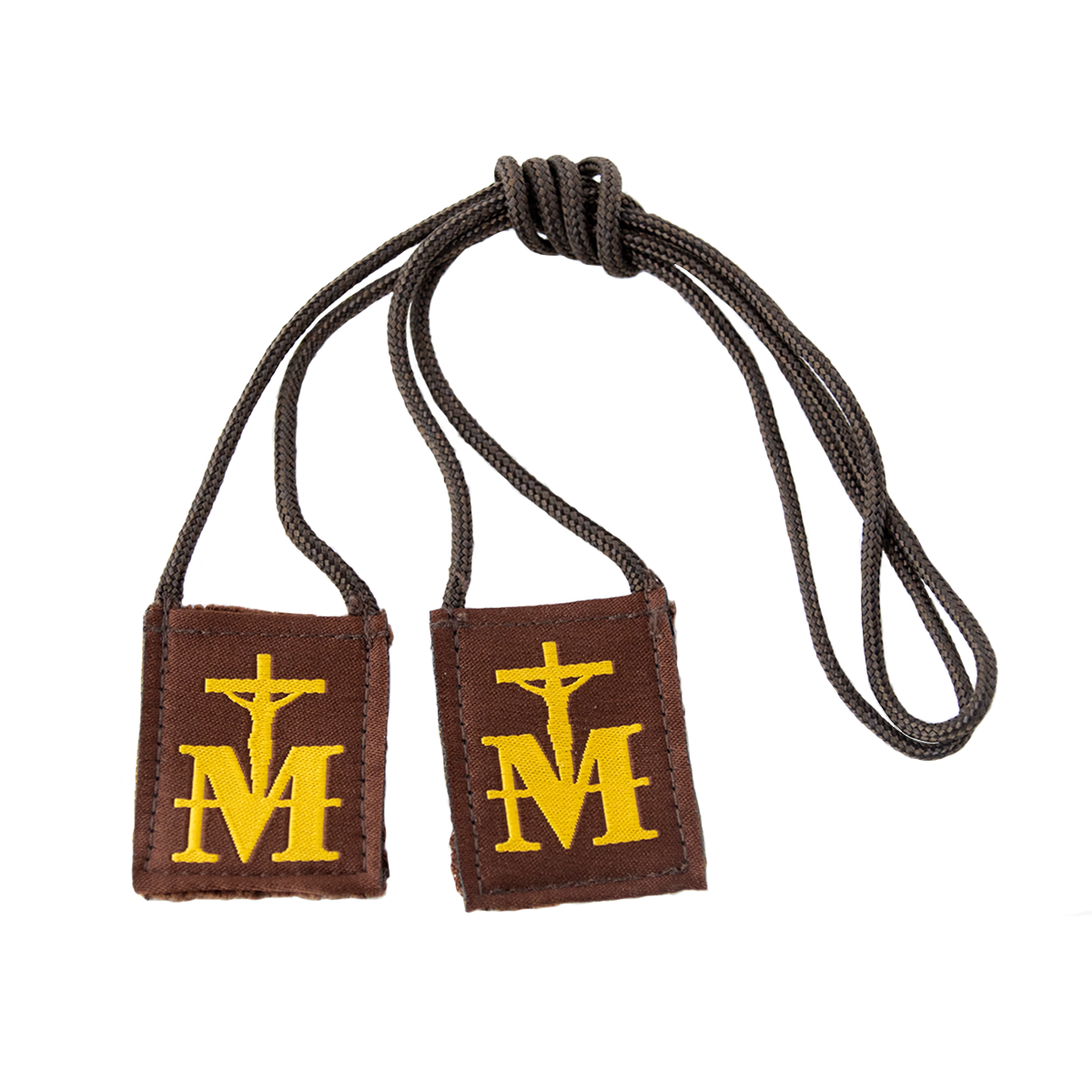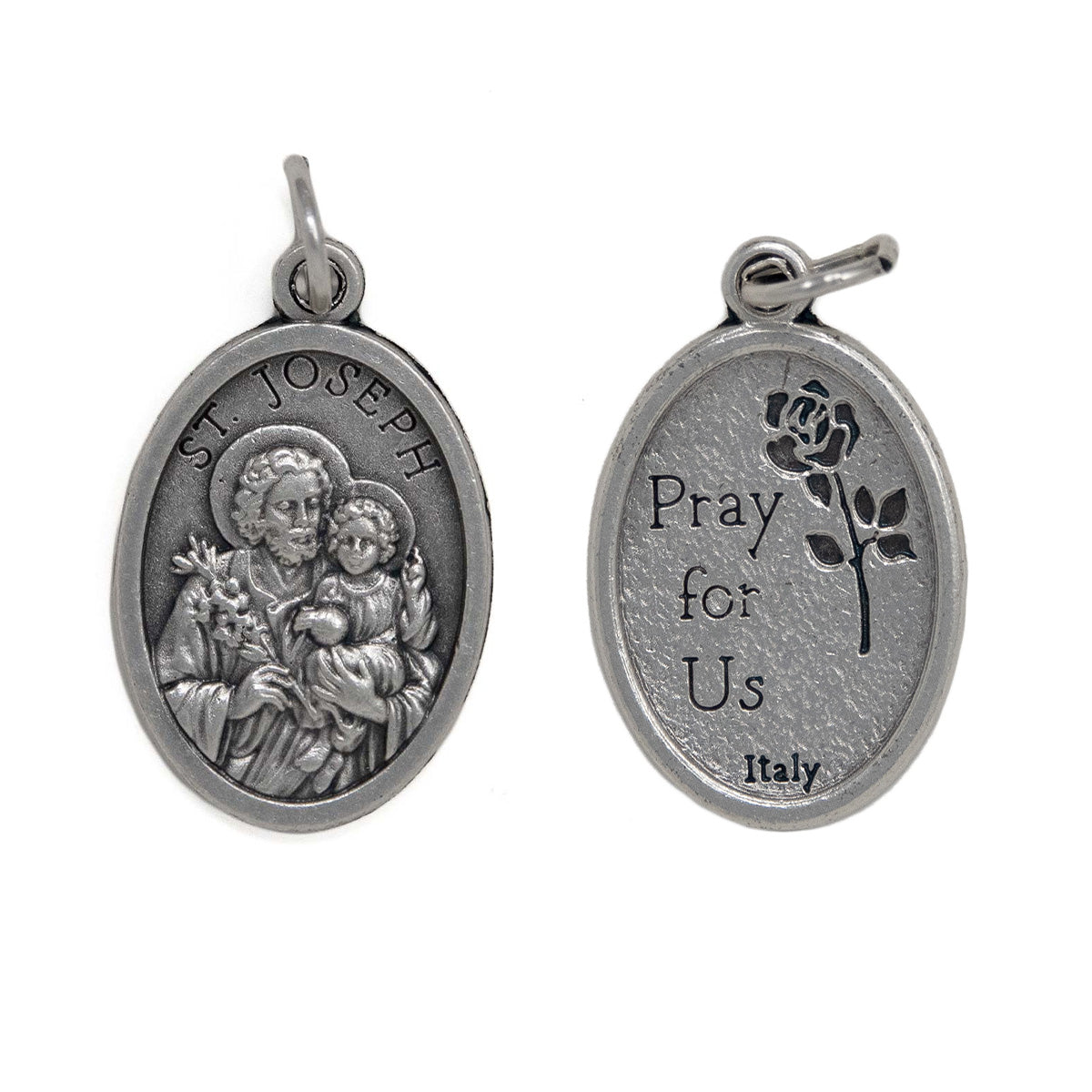When people think of the Carmelites, names like St. Teresa of Avila, St. John of the Cross, and St. Thérèse of Lisieux come to mind.
Another saint — little known outside of Carmelite circles — played a vital role in shaping the Order. Even though he was not a Carmelite himself, the Carmelites still honor him as one of their own.
His name was St. Albert of Jerusalem (c. 1149–1214).
The Life of St. Albert of Jerusalem
St. Albert was born around 1149 in Castel Gualtieri, Emilia, Italy. From a young age, he dedicated his life to God and joined the Canons Regular of the Holy Cross, where he eventually became prior. His gift for leadership was quickly recognized, and he was ordained bishop of Bobbio before later transferring to Vercelli.
In 1205, Albert was named Patriarch of Jerusalem during the turbulent years of the Crusades. Since the city itself was under Muslim control, he governed from abroad, carrying the title without the physical seat of power.
Tragically, Albert’s life ended in 1214 when he was assassinated by a disgruntled cleric while leading a religious procession.
Why St. Albert Matters to the Carmelite Order
The origins of the Carmelite Order remain something of a mystery. Tradition connects them to the Old Testament prophet Elijah, who defended the worship of the true God on Mount Carmel.
What we do know with certainty is this: St. Albert gave the early Carmelite hermits the Rule that would shape their communal life. Around the year 1209, the hermits living on Mount Carmel sought his guidance. Albert responded by giving them a Rule of Life that was centered on prayer, manual work, obedience and fraternal living.
That Rule became the backbone of the Carmelite way, influencing saints, reformers and mystics for centuries to come.
The Church celebrates St. Albert’s feast day on September 17, honoring the humble yet pivotal role he played in helping the Caramelite family grow into the worldwide spiritual family it is today.

